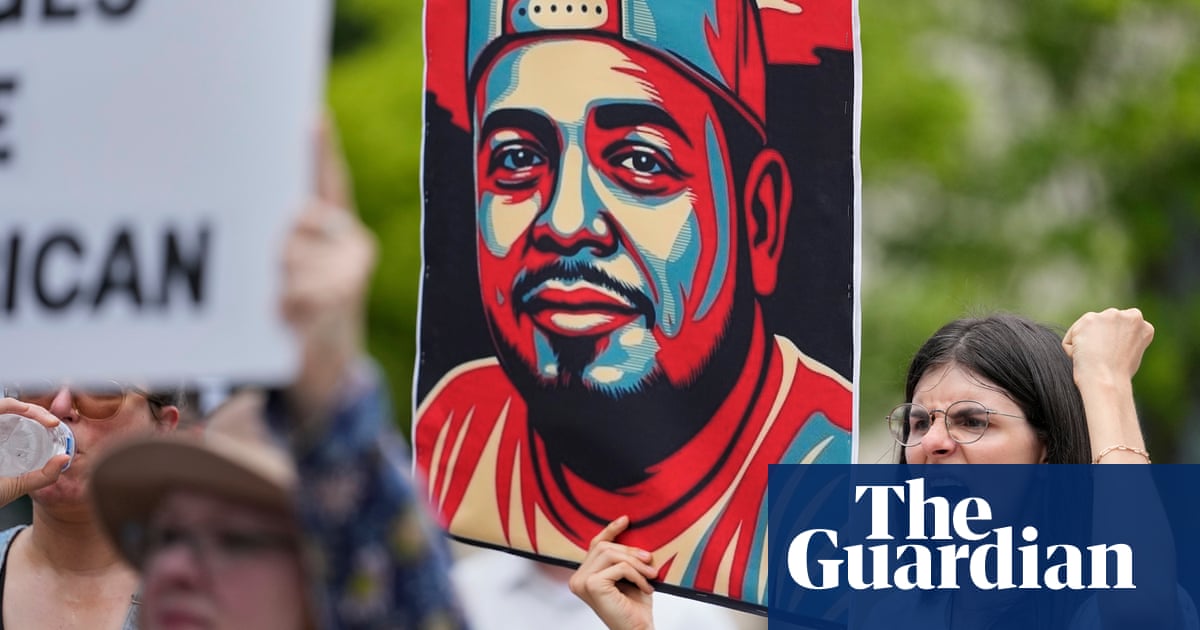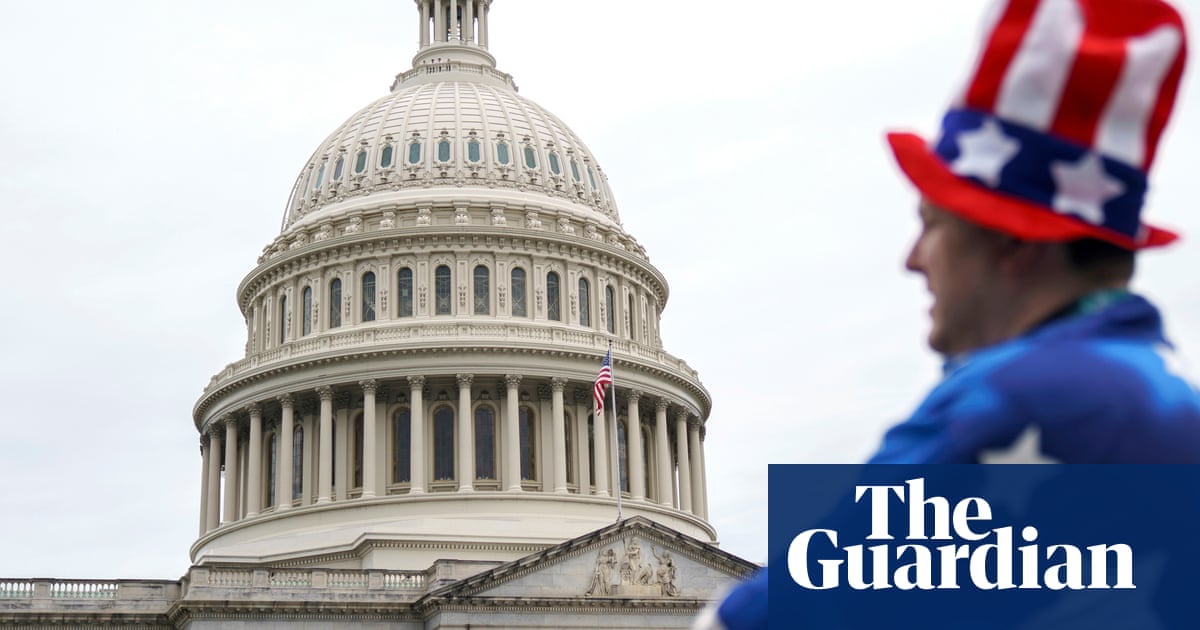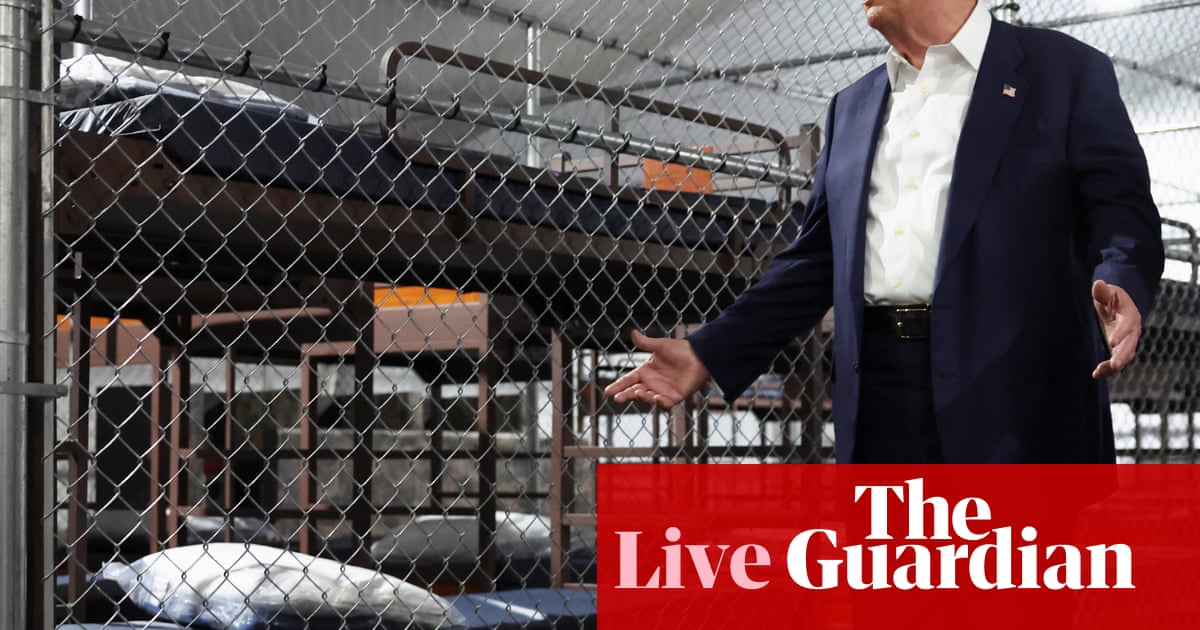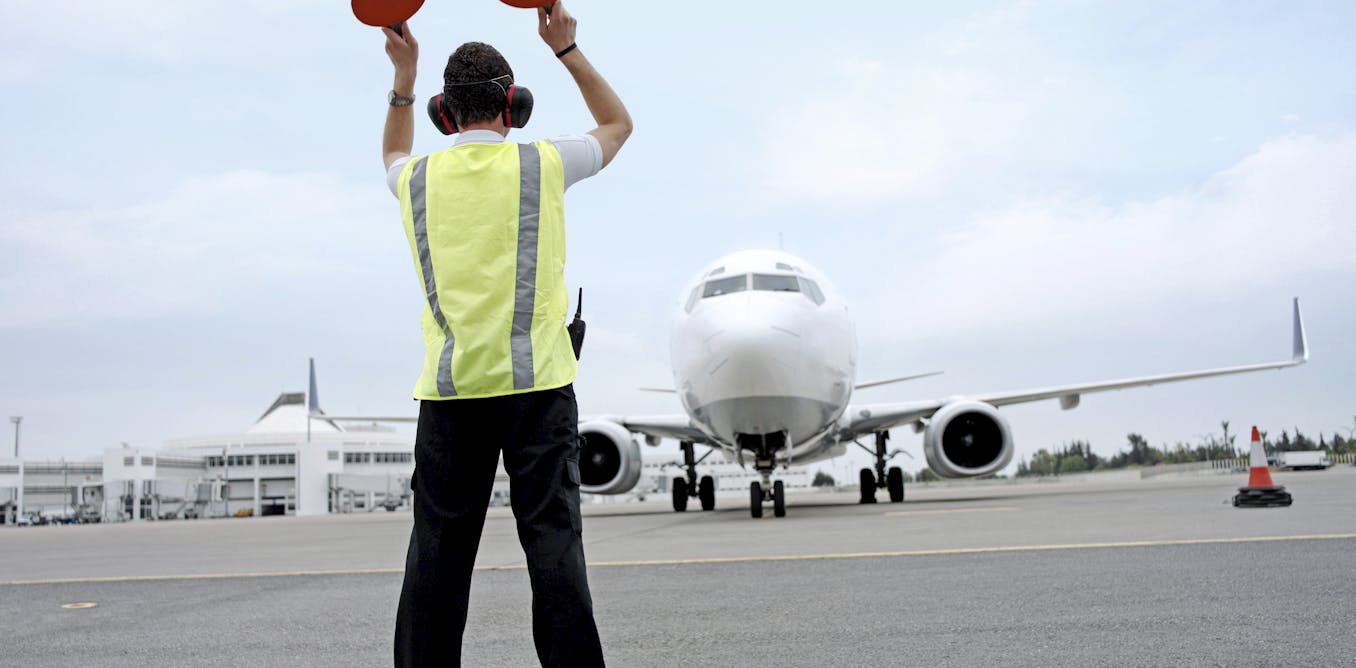There are many stereotypes about Canada – that we are a nation of extremely polite people, a welcoming melting pot, and that we’re the US’s laid-back cousin who lives next door.
But right now, Canadian prime minister, Mark Carney, is bucking all of that lore after pressure from the US in the form of Donald Trump’s “concerns” about undocumented migrants and fentanyl moving across the US-Canada border. In response, the recently elected Liberal PM put forward a 127-page bill that includes, among other worrying provisions, sweeping changes to immigration policy that would make the process much more precarious for refugees and could pave the way for mass deportations.
If passed, Carney’s Strong Borders Act (or Bill C-2) would bar anyone who has been in the country for more than a year from receiving refugee hearings. That would apply retroactively to anyone who entered the country after June 2020. If they arrived on foot between official ports of entry, meanwhile, they’d have to apply for asylum within 14 days of entering Canada – a disastrous outcome for people fleeing Trump’s persecution. The bill also gives the immigration minister’s office the authority to cancel immigration documents en masse.
This bill has been widely condemned by politicians and advocacy groups such as Amnesty International and the Migrants Rights Network, who are rightly worried about just how much havoc a change like this could wreak. Jenny Wai Ching Kwan, a member of Parliament for Vancouver East, told reporters the bill would breach civil liberties and basic rights.
So what excuse does Canada have for this kind of 180 on its immigration legacy? According to the government, the aim of this legislation is to “keep Canadians safe by ensuring law enforcement has the right tools to keep our borders secure, combat transnational organized crime, stop the flow of illegal fentanyl, and crack down on money laundering”.
In reality, the Bill C-2 contains measures that public safety minister, Gary Anandasangaree, has admitted were a response to “the concerns that have been posed by the White House”.
“There are elements that will strengthen [our] relationships with the United States,” he said in a press conference. “There were a number of elements in the bill that have been irritants for the US, so we are addressing some of those issues.”
Tim McSorley, the national coordinator for the International Civil Liberties Monitoring Group, condemned the federal government over the senselessness of this move. “If the government is serious about addressing concerns regarding illegal gun and drug trafficking, it must introduce legislation specifically tailored to that goal, as opposed to a wide-ranging omnibus bill,” he said.
The demonization of immigrants has been a talking point for populist leaders throughout the west, so it’s not surprising to see Carney lean into that rhetoric in order to appease Trump. Spurred on by the xenophobic rhetoric coming out of the US, Britain, and large swaths of Europe, anyone who comes from away is forced to bear the blame for the economic messes and ensuing societal erosion these countries have found themselves battling.
By feeding directly into this pipeline, Carney makes Canada not the powerful country poised to beat Trump at his dangerous games (elbows up, my foot), but a cowardly ally in the US’s campaign of terror against immigrants.
-
Tayo Bero is a Guardian US columnist

 German (DE)
German (DE)  English (US)
English (US)  Spanish (ES)
Spanish (ES)  French (FR)
French (FR)  Hindi (IN)
Hindi (IN)  Italian (IT)
Italian (IT)  Russian (RU)
Russian (RU)  15 hours ago
15 hours ago
























Comments